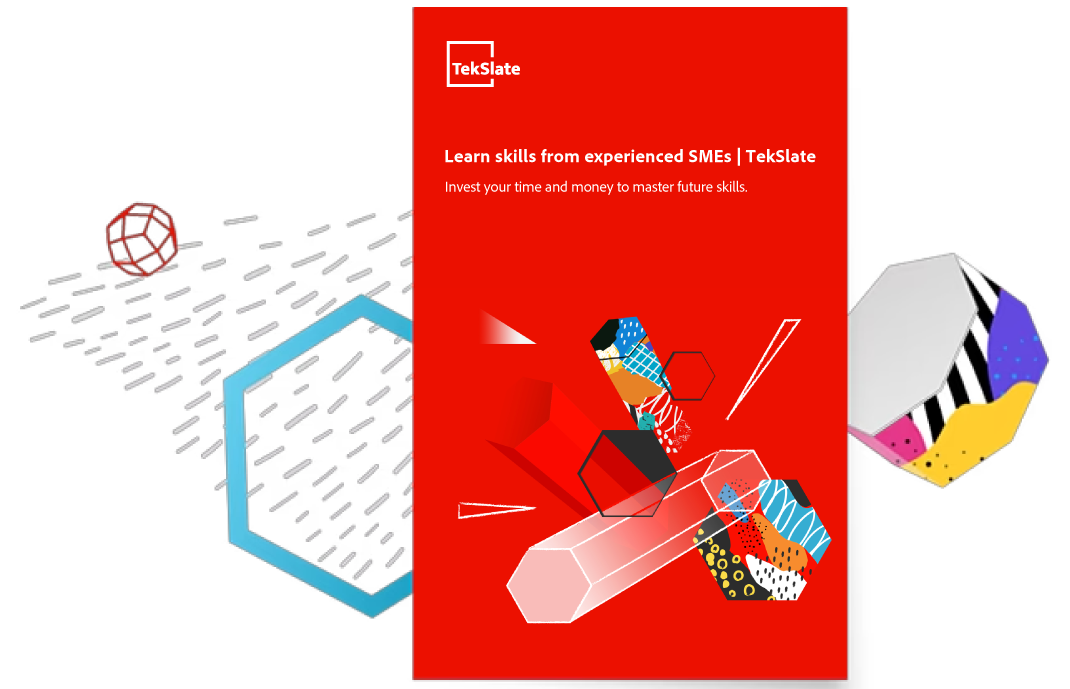Using Initialization Blocks and Variables & Create Variables

You can use variables in a repository to streamline administrative tasks and modify metadata content dynamically to adjust to a changing data environment. A variable has a single value at any point in time. Variables can be used instead of literals or constants in the Expression Builder in the Administration Tool or in end-user analyses. At run time, Oracle BI Server substitutes the value of the variable. In this set of steps you create a new initialization block, Current Periods, and three new dynamic repository variables—CurrentYear, CurrentMonth, and CurrentDay. You then use the variables as column filters in an Oracle BI analysis. You use the Variable Manager in the Administration Tool to define variables and initialization blocks.
To set up and use initialization blocks and variables, perform the following steps: • Create an Initialization Block • Create Variables • Test Your Work
Create an Initialization Block
1 . Open the BISAMPLE repository in offline mode. 2 . Select Manage > Variables to open the Variable Manager.

3 . Select Action > New > Repository > Initialization Block.

4 . Name the initialization block Current Periods.

5 . Click the Edit Data Source button to open the Repository Variable Initialization Block Data Source dialog box.

6 . Click the Browse button to open the Select Connection Pool dialog box.

7 . Double-click the Connection Pool object to select it.

The connection pool is added.

8 . Enter the following SQL to determine the value of the current day, month, and year by finding the maximum value of the period key (BILL_DAY_DT) in the fact table: SELECT CALENDAR_DATE, PER_NAME_MONTH, PER_NAME_YEAR FROM BISAMPLE.SAMP_TIME_DAY_D WHERE CALENDAR_DATE = (SELECT MAX(BILL_DAY_DT) FROM BISAMPLE.SAMP_REVENUE_F)

9 . Click Test and confirm the expected results are returned. In this example, the results are determined by the data in the sample database used for this tutorial, which holds data through December 2010.

10 . Close the Results window. 11 . Click OK to close the Repository Variable Initialization Block Data Source dialog box. Check your work:

Desired to gain proficiency on OBIEE 11g ? Explore the blog post on OBIEE 11g training to become a pro in OBIEE 11g.
Create Variables
1 . Click Edit Data Target to open the Repository Variable Initialization Block Variable Target dialog box.

2 . Use the New button to create three new variables: CurrentDay, CurrentMonth, CurrentYear. The order is important. The value returned from the first column in the initialization block SQL, CALENDAR_DATE, is assigned to the CurrentDay variable. The value of the second column, PER_NAME_MONTH, is assigned to CurrentMonth (the second variable), and the value of the third column, PER_NAME_YEAR, is assigned to CurrentYear (the third variable). If necessary, use the Up and Down buttons to arrange the variables.

3 . Click OK to close the Repository Variable Initialization Block Variable Target dialog box. 4 . Leave the default refresh interval set to every hour. This means that the variables will be reinitialized every hour.

5 . Click the Test button and check the results:

In this example, the results are determined by the data in the sample database used for this tutorial, which holds data through December 2010. 6 . Close the Results window. 7 . Click OK to close the Repository Variable Initialization Block dialog box. 8 . Check your work in the Variable Manager:

9 . Close the Variable Manager. 10 . Save the repository and check consistency. Fix any errors or warnings before proceeding. 11 . Close the repository. Leave the Administration Tool open.
For indepth understanding of OBIEE click on
You liked the article?
Like : 0
Vote for difficulty
Current difficulty (Avg): Medium
Recommended Courses
1/15
About Author

Name
TekSlate is the best online training provider in delivering world-class IT skills to individuals and corporates from all parts of the globe. We are proven experts in accumulating every need of an IT skills upgrade aspirant and have delivered excellent services. We aim to bring you all the essentials to learn and master new technologies in the market with our articles, blogs, and videos. Build your career success with us, enhancing most in-demand skills in the market.
Stay Updated
Get stories of change makers and innovators from the startup ecosystem in your inbox